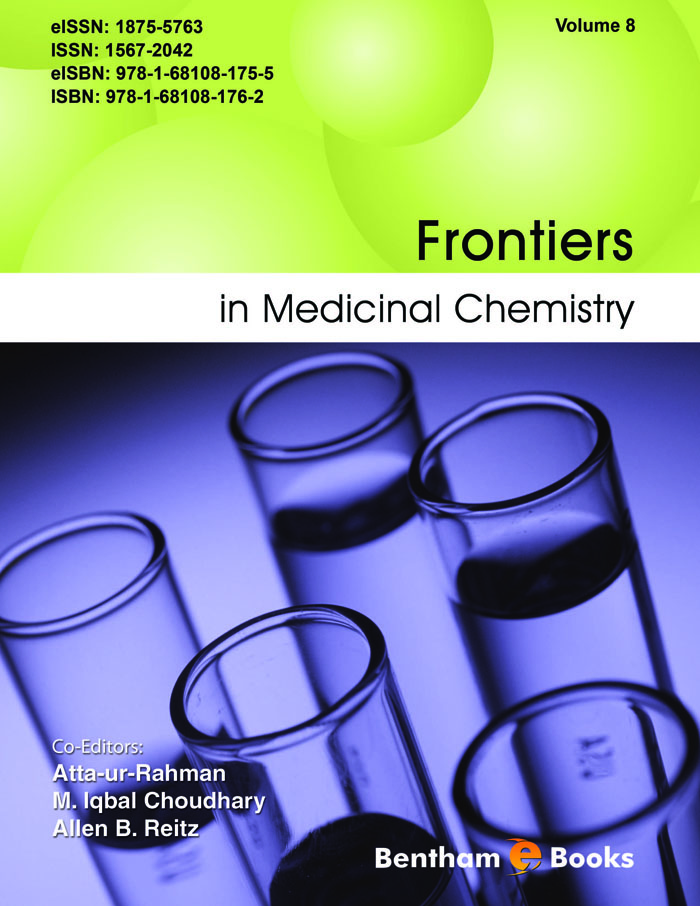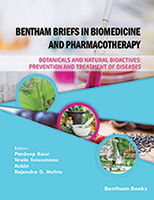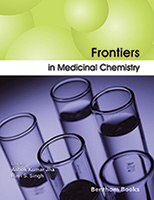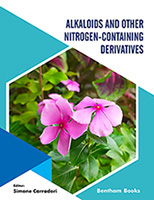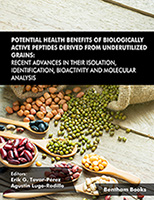Introduction
“Frontiers in Medicinal Chemistry”
is an eBook series devoted to the review of areas of important topical interest to medicinal chemists and others in allied disciplines.
“Frontiers in Medicinal Chemistry”
covers all the areas of medicinal chemistry, including developments in rational drug design, bioorganic chemistry, high-throughput screening, combinatorial chemistry, compound diversity measurements, drug absorption, drug distribution, metabolism, new and emerging drug targets, natural products, pharmacogenomics, chemoinformatics, and structure-activity relationships. This eBook series is essential for any medicinal chemist who wishes to be kept informed and up-to-date with the latest and the most important advances.
This volume features reviews on the following topics:
- ADME optimization and toxicity assessment in drug discovery
- Targeting oxidative stress mechanisms in vascular disease therapy
- Diabetes therapy that targets endothelial function
… and more.

